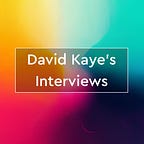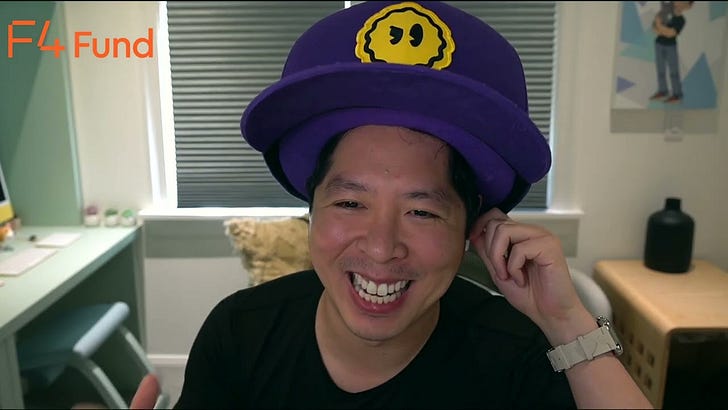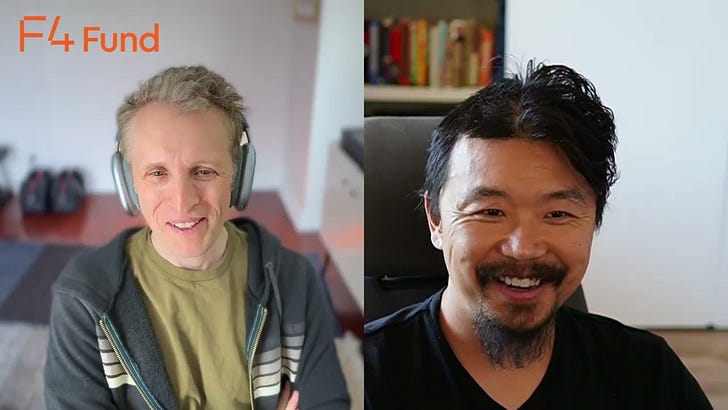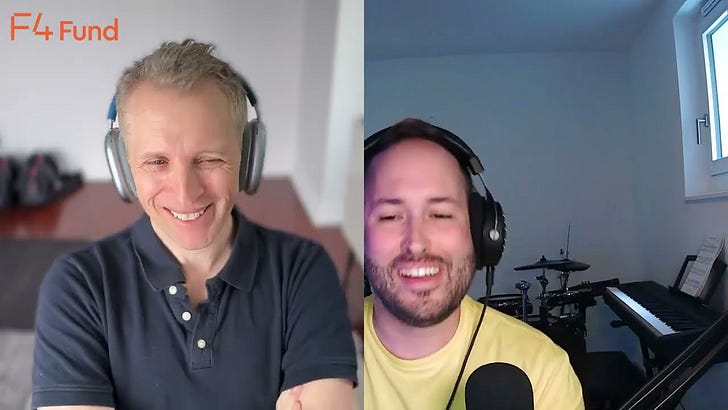Charles Hudson, founder and managing partner of Precursor Ventures, is a legend in early-stage investing. Under his leadership, Precursor has raised four funds with over $175M under management and invested in 375+ companies including Clearco, Juniper Square, and The Athletic (acquired by NYT for $550M+).
Listen: Apple, Spotify, YouTube
In this episode:
Why multi-stage firms' move into seed is permanent this time—and what it means for founders and GPs
Building a systematic approach to founder evaluation after 400+ investments
How Precursor built a different kind of venture firm with a team of 13
The counterintuitive approach to AI investing: focus on what works today
Some takeaways:
The symbiotic relationship between seed and multi-stage firms is ending after 20-25 years. Multi-stage firms are building permanent seed practices, driven by the desire to access great founders earlier and supported by dedicated capital pools.
Previous startup success is less important than previous startup experience when evaluating zero-to-one founders. Being successful in big tech companies often doesn't translate to early-stage success because the skills that drive promotion (stakeholder management, managing up) aren't relevant.
For pre-seed investments under $1M, Precursor uses a 75/25 founder/idea weighting - but founders must be "in the neighborhood of a good idea" because there isn't enough runway to pivot to something better.
When evaluating founders, problem-solving ability and specific "spikes" matter more than well-roundedness. The hardest traits to coach are diagnosing/solving problems quickly, moving with urgency, and attracting talent when it's irrational to join.
Hot companies in the first year of a fund often provide false signals - in Precursor's experience, none have ended up being the companies that truly matter for fund returns, and some have gone to zero.
References from managers are often poor predictors of entrepreneurial success because you're judging someone's ability to do a job they've never done before. The key is evaluating their potential to handle 8-10 entirely new responsibilities.
Precursor has evolved to become a default seller of ~20% in Series B rounds when pricing delivers meaningful returns and the sale won't disrupt the founder - a strategy developed to balance DPI pressure with maintaining upside.
For AI investments, the focus should be on capabilities that exist today rather than betting on future improvements. Many promising ideas are 12-24 months too early and won't survive long enough for the necessary innovation to happen.
Life balance requires choosing three priorities from among being a partner, parent, running your business, maintaining friendships, and pursuing interests. Most people can only do three well, and understanding this helps make intentional choices.
Full episode guide:
(00:00) Introduction of Charles Hudson and Precursor Ventures
(01:53) Why traditional seed investing's 20-25 year era is ending
(06:46) Pipeline vs returns motivation for multi-stage firms
(09:40) Early signaling risk and founder-investor fit
(12:18) Finding alpha in non-obvious founders
(15:04) LP perspectives on seed investing
(19:49) Different types of LPs and their decision-making processes
(21:49) Evaluating founders: Pattern recognition from 400+ investments
(26:55) Why previous startup experience matters more than success
(35:56) Charles's founder scoring system and framework
(42:02) Using personality assessments and references
(44:14) Building Precursor's 13-person team structure
(47:42) Why Charles has a five-person productivity team
(48:04) Unique investment team structure and autonomy
(50:46) Being a generalist investor vs specialist
(55:54) Reserves and selling strategy
(01:11:11) AI investing thesis: Focus on current capabilities
(01:19:05) Work-life balance and the three priorities framework
(01:25:16) Final thoughts
Where to find Charles:









